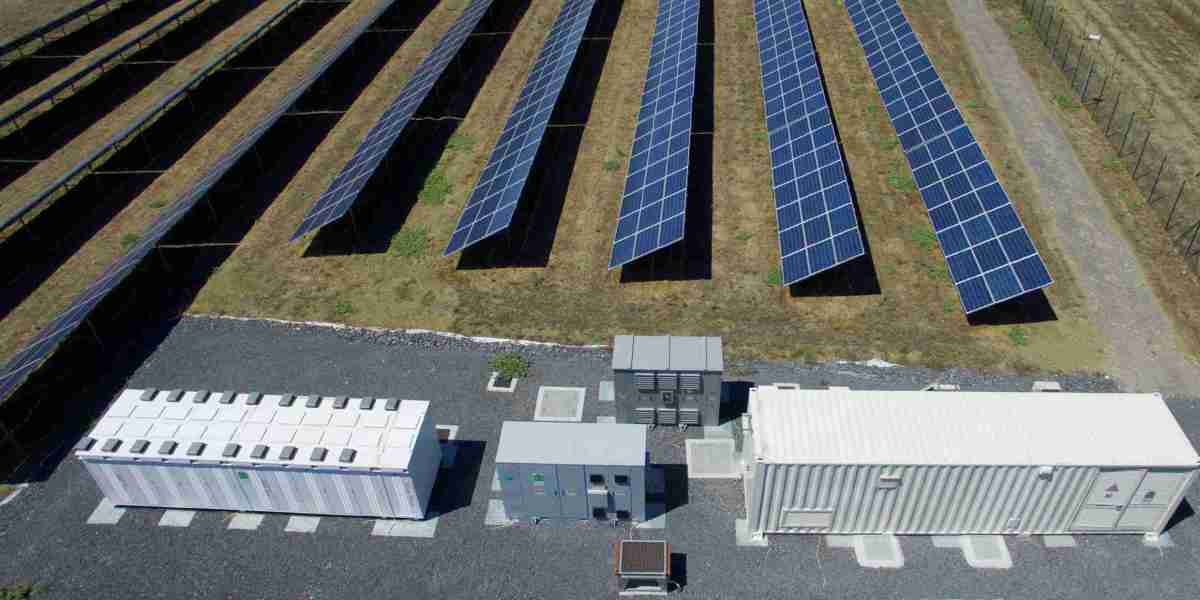Battery Energy Storage System (BESS) market is rapidly evolving, with advancements in battery technologies playing a central role in shaping its future. As energy storage becomes increasingly vital to support the growing demand for renewable energy, significant trends are emerging in battery chemistries, particularly in lithium-ion batteries, solid-state batteries, and other innovative technologies. These trends are driving improved efficiency, safety, and cost-effectiveness, contributing to the growth of BESS applications across various sectors.
Lithium-Ion Batteries: Dominating the BESS Market
Lithium-ion batteries have been the cornerstone of the BESS market for years, thanks to their high energy density, long cycle life, and relatively low self-discharge rate. They remain the preferred choice for large-scale energy storage systems, especially in renewable energy applications like solar and wind power integration. In recent years, lithium-ion battery prices have decreased significantly due to advancements in manufacturing processes and economies of scale, making them more accessible for both residential and commercial applications.
However, as demand for energy storage grows, there is a growing need to address some of the limitations of lithium-ion batteries, such as concerns over safety, particularly related to thermal runaway, and limited availability of raw materials like cobalt and lithium. This has spurred research into improving lithium-ion technology by increasing energy density, reducing material dependence, and enhancing battery longevity. Innovations such as silicon anodes and solid electrolytes are expected to enhance the performance and sustainability of lithium-ion batteries.
Solid-State Batteries: The Next Frontier
Solid-state batteries are emerging as one of the most promising alternatives to traditional lithium-ion batteries. Unlike lithium-ion batteries, which use a liquid electrolyte, solid-state batteries employ a solid electrolyte, offering several advantages in terms of safety, energy density, and thermal stability. This makes solid-state batteries less prone to overheating and fires, addressing one of the significant concerns associated with conventional lithium-ion technology.
The development of solid-state batteries is currently in an experimental phase, with companies like QuantumScape, Toyota, and BMW leading efforts to commercialize this technology. Solid-state batteries are expected to offer significantly higher energy densities, allowing for longer storage durations and more compact storage solutions. These batteries could play a critical role in large-scale energy storage applications, especially as renewable energy sources become more prevalent and the need for efficient storage solutions intensifies.
Beyond Lithium-Ion: Emerging Battery Technologies
While lithium-ion and solid-state batteries dominate the current landscape, researchers are also exploring alternative chemistries that could offer advantages in terms of cost, sustainability, and performance. Sodium-ion batteries are gaining attention as a promising alternative due to the abundance and low cost of sodium compared to lithium. Sodium-ion batteries are still in the early stages of development but could become a key player in the energy storage market, particularly for large-scale grid storage applications.
Flow batteries are another promising technology for long-duration energy storage. Flow batteries use two electrolyte solutions to store and release energy, allowing for scalable and flexible storage systems. They are particularly well-suited for applications where long-duration energy storage is needed, such as grid stabilization and balancing renewable energy generation.
Conclusion
Battery Energy Storage System (BESS) market is witnessing transformative changes driven by innovations in battery technologies. Lithium-ion batteries continue to dominate the market, but emerging technologies like solid-state batteries and sodium-ion batteries are expected to play a significant role in the future of energy storage. As these technologies mature and are commercialized, they will contribute to the development of more efficient, sustainable, and cost-effective energy storage solutions, further accelerating the transition to a renewable energy future.




